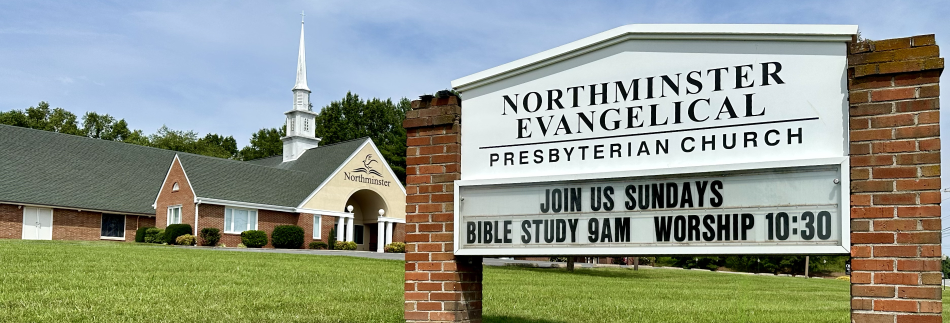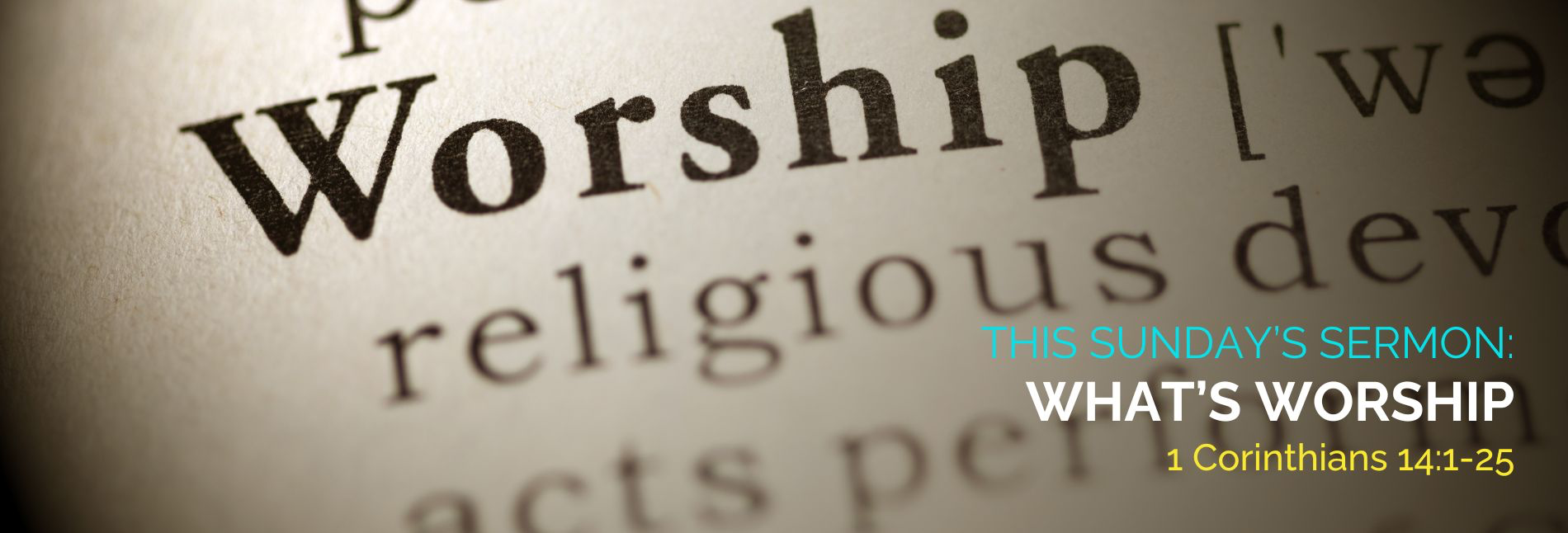Welcome to Northminster
Join us this Sunday!
Upcoming Events
The Latest from our blogs…

Hymn Sing & Ice Cream Sundaes! – Wednesday, August 15, 6pm
Posted on Aug 7, 2018 by David Garrison in Announcements, News, Worship | 507

Read more...

Pastor’s Corner – August 2018
Posted on Aug 1, 2018 by David Garrison in Devotions, General, Ministry, Pastor's Corner | 283

One Year Ago…
Do you remember a year ago? You were wondering just what this new pastor you’d called would be like; and we were wondering about this new congregation and community we’d been called to serve. There were so many unknowns and questions for us all. But just behind all of that uncertainty was our God, who holds all of us in His hands, who knows the future as certainly as the past. God has shown all of us that He knows exactly what He is doing. Without a doubt, it has been a wonderful year. One of the things I enjoyed most at the EPC General Assembly in June was being able to brag about the wonderful congregation I’ve been blessed to serve as pastor for the past year. As I told several friends and mentors, I couldn’t imagine a better congregation to serve for my first solo pastorate. It’s hard to find the words to express how thankful I am for how you’ve welcomed and loved my family over the past year. The picture to the right was taken the day we moved into our new home.
…But There’s More To Come!
As great as the past year has been, I can’t wait to see all that God has in store for the year(s!) to come. The various ministries of the church and the Session are hard at work prayerfully discerning how God is already at work in and around us, and how He is inviting us to join Him in that work. Plans are being laid for some pretty cool things in Christian Education, Missions & Outreach, Worship and Fellowship over the months to come. The best part is that you get a sneak peek at what’s ahead on Rally Day, coming up Sunday, August 26. How is God inviting you to continue growing as a disciple of Jesus Christ and what opportunities is He providing for you to serve as Jesus’ hands and feet? Plan to join us for Rally Day and you just might find out. We look forward to seeing you there!
Blessings,
Rev. David Garrison
Read more...

60th Birthday Celebration!
Posted on Jul 3, 2018 by David Garrison in Announcements, Christian Living, News | 523

Read more...

Pastor’s Corner – June 2018
Posted on Jun 1, 2018 by David Garrison in Devotions, General, Pastor's Corner, Worship | 306

“Ordinary” Time
“Where’d Pastor David go?”
Rev. David Garrison
Read more...

Pentecost Covered Dish Lunch This Sunday, May 20
Posted on May 14, 2018 by David Garrison in Announcements, News | 329

Read more...







